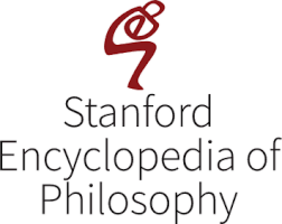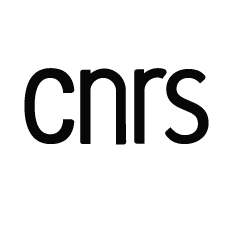Dialogical Logic
Parutions
https://plato.stanford.edu/entries/logic-dialogical/
Dialogical logic is a dialogue-based approach to logic and argumentation rooted in a research tradition that goes back to dialectics in Greek Antiquity, when problems were approached through dialogues in which opposing parties discussed a thesis through questions and answers. The dialogical framework was first worked out in its modern form by Paul Lorenzen and Kuno Lorenz in the context of constructive mathematics and logic, and inspired many “dialogical logics” that follow more or less the initial program, thus creating what can be called traditions in dialogical logic. This entry focuses on the developments of dialogical logic in the Lorenzen and Lorenz tradition, which developed in the 1990s and 2000s into a fruitful framework for the study, comparison, and combination of various non-classical systems, giving rise to what has been called dialogical pluralism. References to the other traditions will nonetheless be provided.
In the Lorenzen and Lorenz tradition, dialogical logic uses concepts of both game and argumentation theory to provide a pragmatist approach to meaning and reasoning constituted during the interaction of two players arguing on a given thesis. The game rules allow these players to challenge the other’s statements or defend their own statements in such a way that one player wins and the other loses after a finite number of moves. The meaning of the logical constants is provided by a set of interaction rules (the local rules) and the dialogical equivalent of a demonstration is a construction of plays through which it is shown that one player may win whatever the other player’s moves may be (winning strategy). Thus, both the dialogical meaning of the logical constants and the dialogical conception of demonstration are constituted by interaction.
https://plato.stanford.edu/entries/logic-dialogical/

